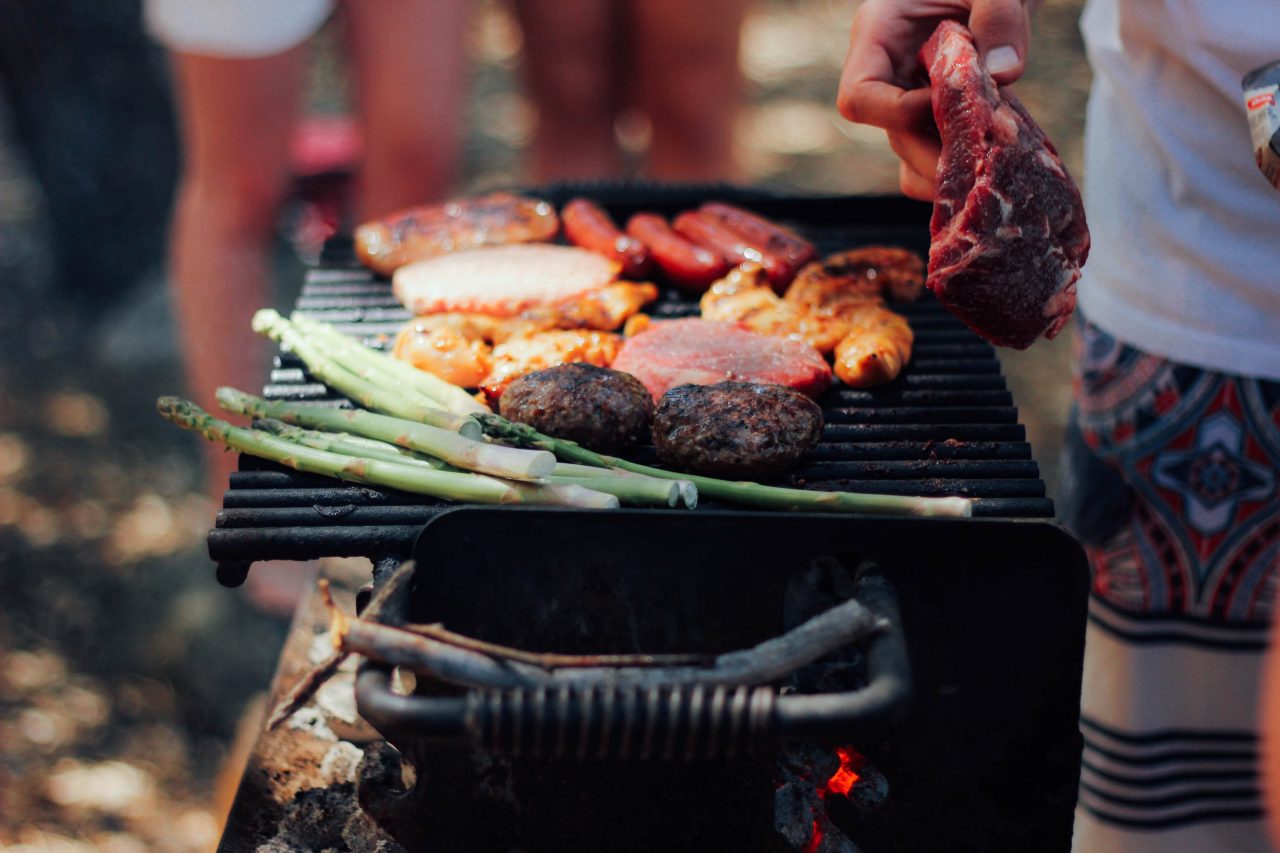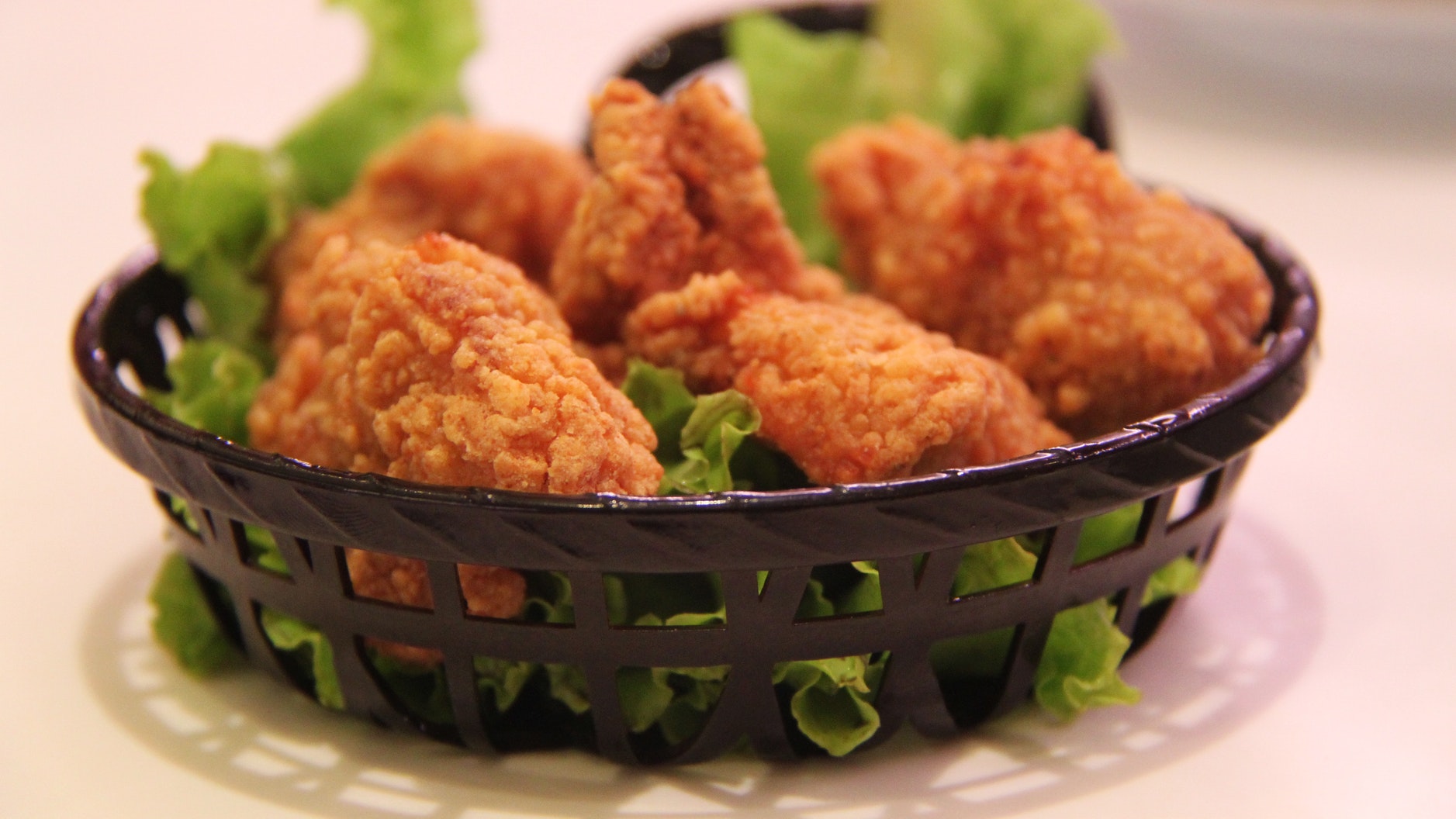
If there ever was a nutrient that could be dubbed the “jack of all trades” by our bodies, it sure would be Protein. Protein is an essential nutrient needed by the body for a wide array of functions. From supplying energy, making enzymes, hormones and antibodies, building as well as repairing muscles, it’s easy to understand the excitement.
Why Protein?
Protein is an essential component in every cell in our bodies. Structural proteins are needed to make and maintain our hairs and nails, amino acids are absorbed by tissues to big builder muscles and the macronutrient is highly instrumental in making block of bones, skin cells, cartilages and blood.
Protein can help many people shed their unwanted pounds. It is also great at controlling satiety and keeping the belly full. Studies have also shown that as we grow older consuming more protein may be a plus on our health as it helps to minimize the rate of muscle loss that usually occurs with aging.
What is the right amount of protein for me?
Everyone requires a fair amount of protein daily. Just like Carbs and Fat, Protein is needed in large proportions. As at now, it is recommended that you get 0.36 grams of protein per kg of your body weight. This means that if you weigh 100 lbs, you should be aiming to consume no fewer than 36 grams of protein on a daily basis.
If you do some sort of weight training and endurance sport there is an increased need on your part. Sport enthusiasts, athletes and trainers will benefit from the muscle-boosting advantages of protein. About 0.64 to 1g per lb body weight protein is recommended with strength athletes and weightlifters while endurance athletes will do well within the range of 0.64g to 0.7g per lb body weight protein.
For regular people, protein can fit into the diet at any point in time while weight watchers will benefit from consume a protein breakfast that keeps them feeling full for long. For people exercising, protein is most important immediately after workouts because muscles need it for growth and recovery. Strive to consume some 15 to 25g or protein within the first half hour of your exercise as your body particularly welcomes protein synthesis in this period.
To cut off all chances of excesses, it is imperative to note that The Department of Health advices against the consumption of double the recommended daily intake of protein. Therefore, men are advised to refrain from consuming as high as 55g protein while women should also not take up to 50g in a day. For better performance all day, ensure to spread your protein through the day rather than eating it all at a single go.
High protein foods
The best sources of protein are natural and wholesome. Irrespective of if you are a vegan or vegetarian, you can get the right amount of protein from both animal and plant sources – here is a fine collection of some of the best food sources of protein.
Eggs
We know about all the goodness of eggs but how much protein really lies in there. A medium sized egg contains about 6 grams of easily digestible form. Eggs are one of the best ways to fill up your protein meter at breakfast whether boiled or omelette. These oval delights contain omega 3 fatty acids along with branched-chain amino acids that gives your nutrition the boost it needs.
Milk and Dairy
Dairy foods come with a plethora of benefits. Not only do they contain enough calcium for bone building, they come packed with protein. Chocolate milk helps to boost recovery as it contains the right blend of whey and casein proteins as well as energy-replenishing carbs.
- Greek Yogurt
Greek Yogurt is packed with enzymes and healthy bacteria that will leave your digestive tract grateful. This choice is yogurt is particularly popular because it contains twice as much protein as you’d get in any other type of yogurt. This combination of whey and casein supplies up to 10g of protein per 3-oz. serving - Cottage Cheese
Cottage cheese is casein-dense and contains healthy proteins for a relaxed period. Casein is a slower digesting protein than whey and will help you keep your muscles fed all night, leaving you feeling fresh and energetic in the morning. Get up to 14g of protein per half cup serving - Mozzarella Cheese
While Pizza is the first thing that comes to mind, mozzarella cheese actually comes with a healthy dose of protein for the body. With about 18g of protein content, slicing some of these cheese unto your freshly prepared salad with rich vegs will up your protein count. - Cheddar
The Brits love Cheddar for all the good reasons. Cheddar brings a lot of protein to the table and can supply around 25g of protein even in the low-fat versions. - Parmesan
With over 32g of protein available in a regular parmesan meal, you could be done with protein for the day in no time. That being said, it’s never a great idea to eat 100g of parmesan in a single sitting.
Fish and Sea food
Fish and Sea food are decent sources of low-fat proteins. These foods pack a considerable amount of the body-loving omega 3 fatty acids that can prevent or relieve inflammation and joint stiffness.
- Prawns
Prawns are quick to prepare and delicious. They can supply up to 15 to 18g of protein and can easily fit into a wide array of recipes. Either bought fresh or frozen, these guys will do your protein intake no harm. - Mussels
Muscles, sorry mussels are excellent sources of protein that go a long way to build your body. At 18g per 100g of mussel, these guys will give your body a considerable amount of protein that it needs. Don’t believe us? Just ask van Damme - Mackerel
Whether they come in cans or fillet, these oily fishes will give you a quick and tasty share of protein. Try not to eat this with chips to prevent overdoing your recommended salt intake levels. Expect about 20g of protein from these guys. - Sardines
Canned sardines are making a comeback and if there’s one thing they have left behind, it’s their high protein content. These fishes are full of Vitamin D and Omega 3 fatty acids. Sardines are also lower in mercury level compared to other fishes and will provide around 21g per 3-oz. serving. Sardines and remarkably cheap and can be eaten any how you like but consider stirring them into cauliflower or mashed potatoes - Light Tuna
The fact that the cheaper canned light tuna option contains slightly more protein than the expensive canned white tuna will make all frugal shoppers rejoice. Light tuna will give you up to 22g per 3-oz. serving. Buying the water-packed tuna will also save you from extra calories that may be present in oil-packed versions. Water-packed canned tuna is not very calorie-dense so you may opt to eat it with clean fatty sources like olives to keep you full for longer. - Sockeye Salmon
Wild Salmon like the Sockeye supplies more protein (24g) than the regular domestic salmons. The advantage of this fish is the plethora of fat-burning long chain Omega 3s. Bear in mind that the fish may be slightly oilier than its cousins and try to get one with the skin still intact to add that extra flavor to your cuisines.
The pink flesh of the salmon also serves to improve eye health and reduces the risk of cardiovascular diseases. - Yellowfin Tuna
The Yellowfin tuna effortlessly delivers 24 to 25g of protein per 3-oz. serving. The best part is the ease of digestion of the high-quality protein and the healthy amount of selenium antioxidant. The Yellow fin is also rich in healthy amounts of Vitamin B. - Halibut
The Halibut is the supreme source of muscle building protein among the white fish species. The fish is also low in fat, supplying 23g protein per 3-oz serving and just 2 grams of fat in each 3 ounces. - Tuna Steak
Tuna is the chicken of the sea for its great taste, but there’s more to it than a fleshy feel. This sea champ is rich in omega 3 fatty acids and up to 32g of protein. Fresh tuna is also rich in nutrients and meatier than its canned counterparts.
Meat
When considering protein sources, meats can never be left out. For the healthiest sources, opt for lean protein from white poultry meats like turkey and chicken. Chicken breasts (skinless and boneless) brings around 24g protein per 3-oz., and is excellent for weight loss. The same can be said for Turkey at 24g protein per 3-oz. serving with low calorie addition to the diet.
Top or Bottom round steak will supply up to 23g per 3-oz. serving, providing a gram of protein in every 7 calories consumed. The ribeye will supply the same amount of protein for every 11 calories. Ground beef (90 percent lean) can provide up to 18g while boneless pork chops will give a bountiful amino acid content in 26g protein per 3-oz serving.
Corned beef, Roast beef and Canadian Bacon are laudable sources offering 24, 18 and 15g protein per 3-oz. serving, while Canned chicken can give up to 21g. Be sure to treat your canned chicken the same way you would your canned tuna and opt for low-sodium to prevent packing on water weight. Beef jerky may be your choice if you are saying bye-bye to potato chips, junks and fast foods. Enjoy a beef jerky to get 13g of protein per 1-oz serving but remember to look for brands that do not use nitrites or monosodium glutamate (MSG).
Finally, Pork is rich in branched chain amino acids (BCAAs). These amino acids have been shown to support muscle recovery. Pork is one of the richest sources of Leucine, an amino acid that makes up a third of the muscle protein. Leucine also helps to initiate the repair process after workouts and exercises.
Non-Animal sources
When it comes to plant and non-animal sources, nuts, seeds, beans and pulses are all champions for protein. Enjoy some nuts and seeds on the move and exercising. Averagely, about 50 pistachio nuts will supply you with 6g of protein, sodium and potassium. This not only supplies your muscle food but helps you make up for all the electrolytes lost in sweat. Beans and lentils are great for iron and fibre and rank as one of the cheapest sources of abundant protein.
- Quinoa
2013 was called the year of Quinoa for a reason. This grain is packed with 8g of protein per cup, embarrassed with all 9 essential amino acids that make it the “real deal”. Quinoa also houses all the important vitamins and minerals like potassium, folate, magnesium and phosphorus. - Edamame
These Japanese wonders pack a significant of amount in very cup and contains enough fibre (up to 4 times) to make wheat bread jealous. Your sushi crush comes with 16 grams of protein per cup and will keep you going. - Lentils
Veggies are in luck. These flavor-rich beans contain a wide array of nutrients, fibre and protein. Asides from the folate and Vitamin B present, Lentils will give you up to 18 grams protein per cup and its supply of fibre in a cup is already more than your daily need. - Tempeh
This list would hardly be complete without tempeh. This beautifully textured soybean based meal is a great stand-in for meat in typical burgers and sandwiches. Only half a cup and you already have around 15.5 grams of the muscle-builders in your body. - Peanut Butter
Just 2 tbsps. of peanut butter spreads 2 grams of fibre, 8 grams of protein and healthy monounsaturated fatty acids. Asides the delicious taste, a full cup of peanut butter (which you should never eat) will five a massive 65 grams of protein while half a cup supplies around 32.5 grams.
Bottom line
Protein boosts muscles, offers satiety, boosts the immune, nails and hair and aids in enzyme synthesis. The macronutrient also repairs worn out tissues and builds the body. Eating enough protein is important but more important is the variety and source. Look outside the regular chicken and protein powder and embrace other laudable sources to keep you feeling on top of the world all day long.
For tailored nutrition plans that incorporate healthy meats, give Modern Fit a try. They also provide tailored fitness plans to help supercharge weight loss. Sign up today!



